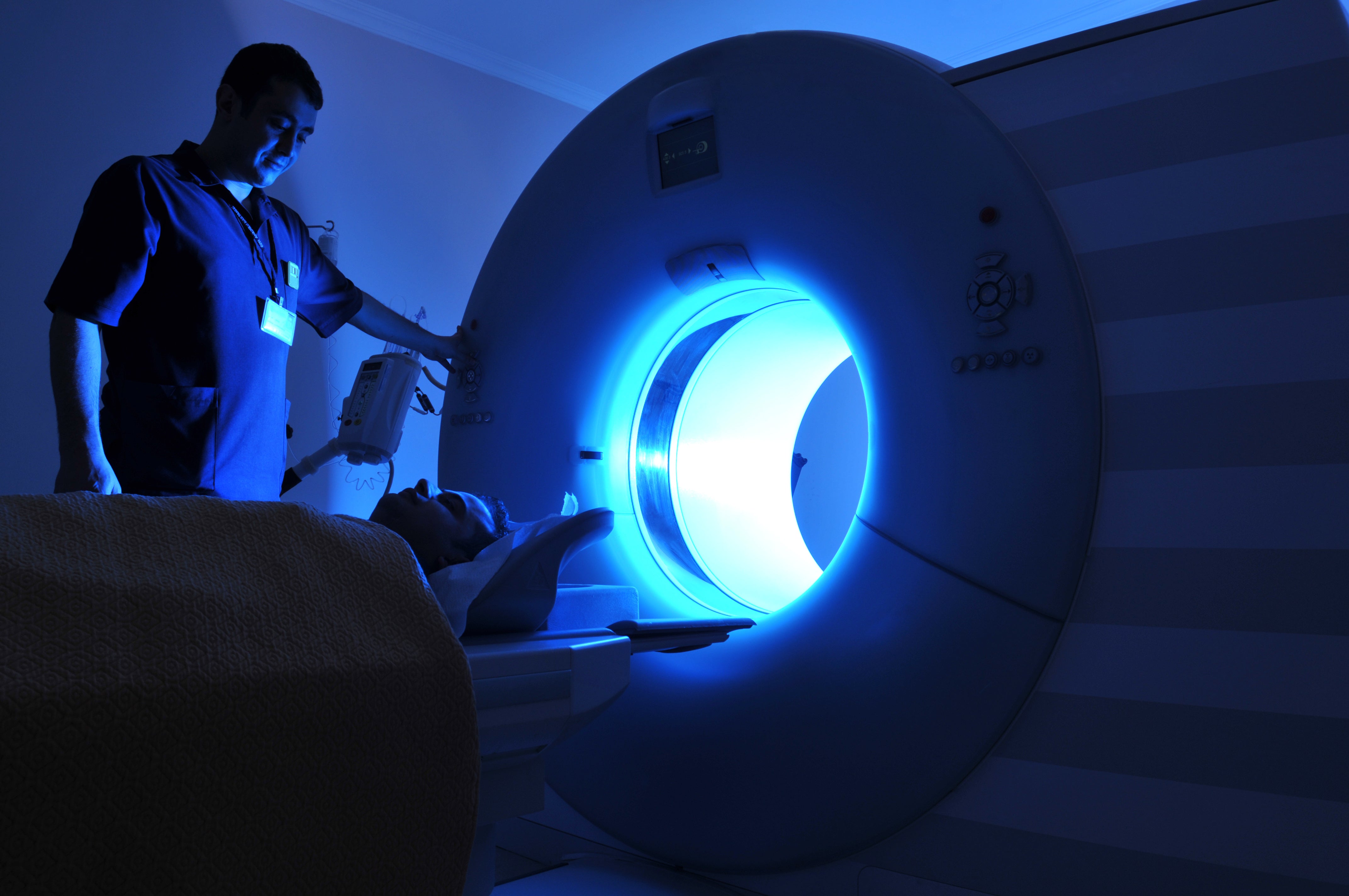
The Port Strike: What It Means for Supply Chains and Healthcare
As of October 1, 2024, the tension surrounding the strike by the International Longshoremen’s Association (ILA) has reached a critical point. Representing approximately 45,000 port workers who hand...
Read more
Supporting Nurses in Transition: Addressing Patient Safety Concerns in 2024
For 2024, one of the most pressing concerns in healthcare is ensuring the safe and effective transition of new nurses from their education into clinical practice. As the frontline of patient care, ...
Read more
Revolutionizing Contract Management in Healthcare
Contract management in healthcare is a critical, yet often complex, process that directly impacts an organization's operational efficiency and financial health. With the advent of modern technologi...
Read more
Understanding “Human Factors” is Not “Factors Associated with Being Human”
Modern healthcare relies on a variety of physical and digital assets and tools. Sophisticated medical devices help in diagnosing and treating disease. Advanced materials prevent the spread of bacte...
Read more
How Hospitals Can Save Millions, Improve Patient Care with Predictive Replacement Planning
It’s not uncommon to see the “squeaky wheel” adage at work when hospital leaders allocate the institution’s capital budget. Yet it’s not always the most vocal departments that truly need the prover...
Read more
Advancing Safe and Equitable Healthcare: The New Patient Safety Structural Measure by CMS
On July 31, 2024, the Centers for Medicare & Medicaid Services (CMS) announced a significant update to the hospital quality reporting program with the finalization of the Patient Safety Structu...
Read more
Five Key Takeaways on Video-Based Patient Monitoring for Preventing Falls
ECRI named ongoing challenges related to patient falls as one of its 2024 Top 10 Patient Safety Concerns because falls continue to be the number one sentinel event reported to the Joint Commission ...
Read more
Navigating the Evolving Landscape in Healthcare Value Analysis: Strategies for Success
The role of Value Analysis in Healthcare is pivotal as the industry faces constant change and transformation. Due to the nature of this complex specialty, it is necessary to illustrate and define a...
Read more
Navigating the Complexities of Dementia Diagnosis: The Path to Diagnostic Excellence
Understanding the diagnosis of dementia is essential for medical professionals, patients, and caregivers. Unlike many medical conditions that are diagnosed through straightforward testing, diagnosi...
Read more
